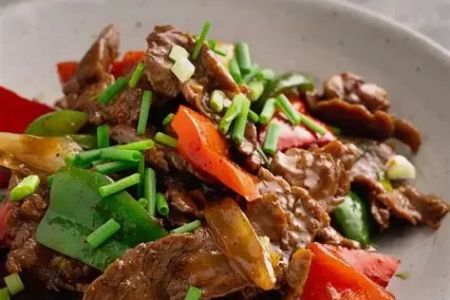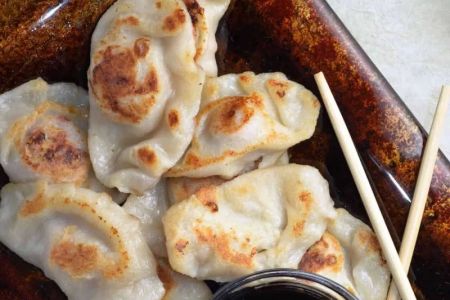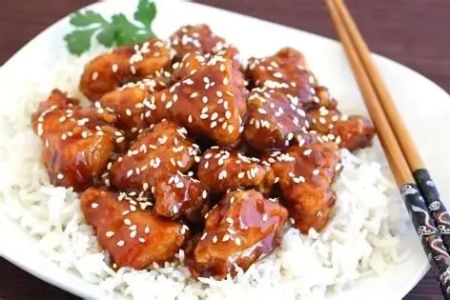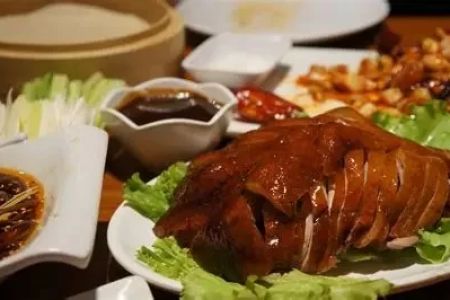- 1 - Research-and-market-analysis
- 2 - Developing-your-business-plan
- 3 - Licensing-and-permits
- 5 - Kitchen-setup-and-equipment
- 6 - Marketing-your-catering-service
- 7 - Case-study-success-story
1. Research and Market Analysis
Starting a Chinese food catering business begins with thorough research and market analysis. Understanding your target market’s preferences and the local demand for Chinese cuisine is vital. Analyze competitors, identify potential client segments such as corporate events, weddings, or private parties, and assess pricing strategies. This foundational knowledge helps tailor your offerings and differentiate your service.
Consider cultural diversity in your area; adapting traditional recipes to local tastes can increase appeal. Research current food trends within Chinese cuisine, like regional specialties or health-conscious dishes, to innovate your menu.
2. Developing Your Business Plan
A comprehensive business plan guides your catering startup’s direction and attracts potential investors or lenders. Your plan should include an executive summary, business objectives, detailed menu offerings, pricing models, marketing strategies, and financial projections. Include plans for scaling the business, such as expanding delivery areas or adding buffet services.
Clearly defining your unique selling proposition—authenticity, customization, or eco-friendly practices—strengthens your competitive edge. This roadmap serves as a constant reference as you launch and grow your business.
3. Licensing and Permits
Compliance with local health regulations and obtaining the necessary licenses are crucial steps. You will likely need a food service license, catering permit, and possibly liquor licenses if offering alcoholic beverages. Understanding and adhering to food safety standards protects your customers and business reputation.
Connecting with your local health department early in the process can clarify requirements and inspections. Maintaining impeccable hygiene and training staff in food safety builds trust and credibility.
4. Menu Planning and Sourcing Ingredients
Curating a menu that balances traditional Chinese flavors with crowd-pleasing options is key. Include popular dishes like Kung Pao chicken, fried rice, dumplings, and vegetable stir-fries, while offering customizable packages for different event types. Sustainable and high-quality ingredients improve taste and brand perception.
Building relationships with reliable suppliers ensures consistent ingredient availability. Consider sourcing from local Asian markets or wholesalers specializing in authentic Chinese products.
5. Kitchen Setup and Equipment
Your kitchen must meet commercial standards and support efficient food preparation and storage. Invest in essential equipment such as woks, steamers, rice cookers, refrigeration units, and transportation containers designed for maintaining food temperature. A well-organized kitchen minimizes preparation time and helps maintain food quality.
If starting small, consider renting commercial kitchen space to reduce initial costs while scaling production. Planning workflows and staffing needs improves daily operations and customer satisfaction.
6. Marketing Your Catering Service
Effective marketing attracts customers and builds your brand presence. Create a professional website showcasing your menu, testimonials, and booking options. Utilize social media platforms to share enticing photos, cooking videos, and customer stories. Networking with event planners, corporate clients, and community organizations expands your reach.
Offering tasting events or promotions can generate buzz and encourage referrals. Positive reviews and word-of-mouth remain powerful tools in the catering industry.
7. Case Study: Building a Successful Chinese Food Catering Business
Take the example of Mei Ling Catering, which started as a small family-run business in San Francisco. By focusing on authentic recipes, exceptional customer service, and eco-friendly packaging, Mei Ling quickly gained loyal clients for corporate and private events. Strategic partnerships with local vendors and active social media engagement helped them expand to multiple cities within five years.
This story illustrates how passion combined with a solid business plan and marketing can transform a Chinese food catering startup into a thriving enterprise.
For those ready to embark on this journey, Chinese Food offers a selection of products, equipment, and services tailored to aspiring caterers. Leveraging these resources can provide a competitive advantage in the growing market for Chinese cuisine catering.







